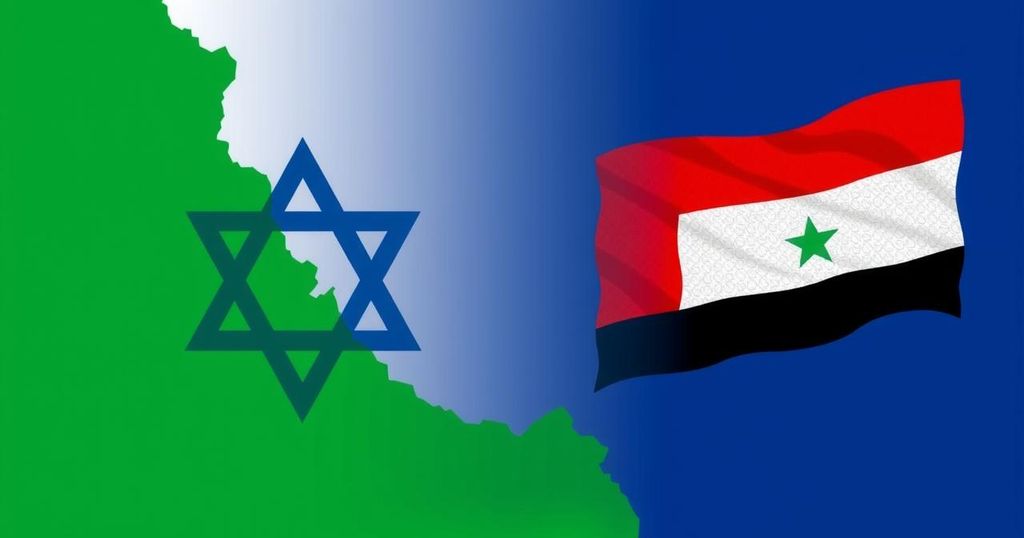Israel Denies Truce Amid Rising Hostility from Iraq and Yemen
Israeli Minister Zeev Elkin has denied any truce with Iraq and Yemen amid rising tensions. Iraqi Prime Minister Mohammed Shia al-Sudani seeks international support against Israeli actions. Iraqi factions, including Kataib Hezbollah, vow to continue operations in solidarity with Gaza despite a ceasefire. Israel’s preparatory measures occur against a backdrop of escalating drone attacks traced to Iraq, reflecting heightened military readiness.
On Thursday, Israeli Minister Zeev Elkin publicly denied the existence of any truce between Israel and the resistance movements in Iraq and Yemen, which he claims are providing support to Hamas. Elkin, in his statements to Army Radio, emphasized, “There is no ceasefire with [them].” Meanwhile, Iraqi Prime Minister Mohammed Shia al-Sudani is actively seeking international support to counter potential military actions by Israel while expressing increasing concerns over the risks posed by Israeli military escalations.
In light of rising tensions, the Iraqi government is engaging with the European Union to gather global opposition against any Israeli attacks on Iraqi soil. The Iraqi armed forces are on heightened alert and are fortifying their air defenses to address external threats. Recent reports reflect a substantial increase in drone attacks traced back to Iraq, escalating from six in August to 90 in October.
Despite ongoing diplomatic efforts and a ceasefire in place between Lebanon and Israel, Iraq’s Kataib Hezbollah faction has declared its commitment to continue operations in support of Gaza. A source from the Iraqi Resistance Coordination Committee indicated that a consensus has been reached among several resistance groups to persist with attacks on Israel until its aggression towards Gaza ceases entirely.
This situation underscores the complex web of geopolitical dynamics in the region, revealing both local and international ramifications as tensions mount and military operations continue unabated.
The recent intensification of conflict in the Middle East has heightened tensions, particularly between Israel and various resistance movements. Groups in places like Iraq and Yemen have increasingly aligned with Hamas, increasing the likelihood of military confrontations. The Iraqi government’s engagements with the European Union and other entities reflect strategic attempts to counter perceived Israeli aggression, indicative of broader regional concerns regarding security and sovereignty amidst escalating violence.
In conclusion, the situation remains critical as both Iraq and Israel navigate through escalating hostilities. Israeli officials firmly reject any notion of a truce with Iranian-aligned groups supporting Hamas. Simultaneously, Iraq’s diplomatic endeavors and military preparations highlight the seriousness with which the Iraqi leadership regards the potential for Israeli incursions. Given the ongoing attacks and the commitment from Iraqi factions to resist, further conflict in the region appears inevitable unless significant diplomatic interventions occur.
Original Source: shafaq.com




Post Comment